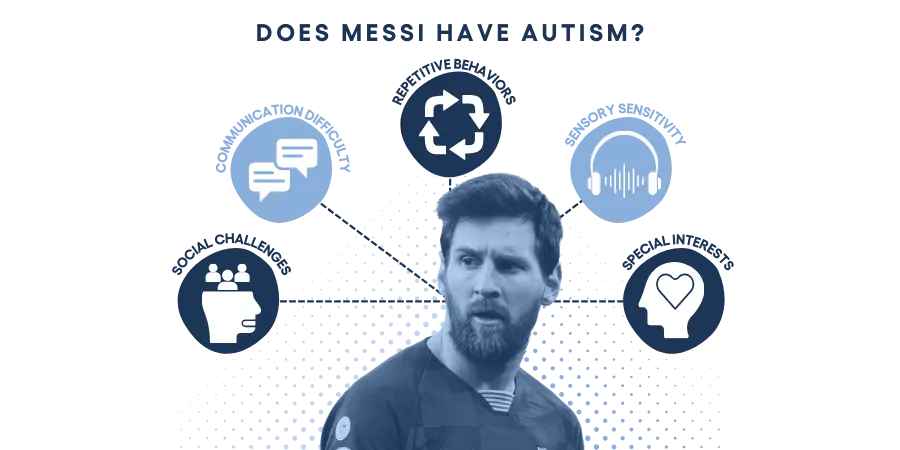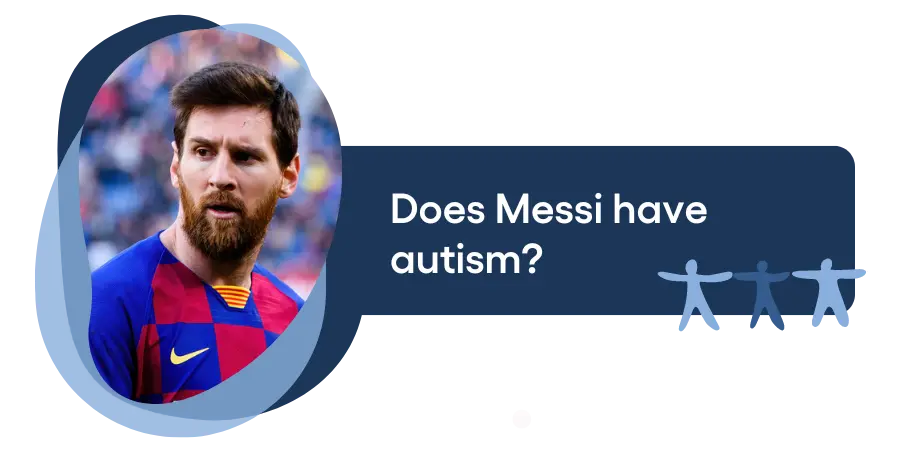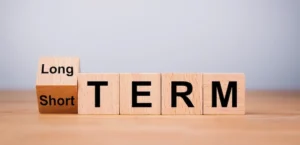To date, no clinical diagnosis of Asperger’s has been given for Messi, even though some of his more notable character traits suggest it.
Puerto Rican rapper Anuel AA is quoted saying, “Messi is autistic, and he is the most influential person in the world. That’s why I don’t feel autism is a disease.”
Lionel Messi is an Argentinian soccer player and international sports superstar born June 24, 1987. He has played for FC Barcelona, Paris Saint-Germain, Argentina’s national team, and the MLS club Inter Miami CF. At a young age, he was given treatments for a growth hormone disorder, but there is another question circulating among fans and media, “Does Messi have autism?”
Messi and his wife are avid music fans – with special mentions in many songs over the years. Puerto Rican rapper Anuel AA is quoted as saying that Messi is autistic and one of the most influential people in the world. He went on to say “that’s why I don’t feel autism is a disease,” which has led to even more speculation.

What is Autism Spectrum Disorder?
Autism Spectrum Disorder (ASD) is a complex developmental condition that typically appears during early childhood and affects communication, social interaction, and behavior.
It is referred to as a spectrum disorder because it can manifest in a wide range of symptoms, severity levels, and combinations of features.
Some common characteristics of ASD include:
- Challenges with social interaction: Individuals with ASD may have difficulty understanding social cues, expressing empathy, making eye contact, or engaging in reciprocal conversation.
- Communication difficulties: This can range from delayed language development to difficulty understanding non-verbal communication cues such as facial expressions or gestures. Some individuals with ASD may have highly advanced language skills but struggle with pragmatic language (the social use of language).
- Repetitive behaviors and restricted interests: Many individuals with ASD engage in repetitive movements or behaviors, such as hand-flapping, rocking, or repeating phrases (echolalia). They may also develop intense interest in specific topics and have difficulty deviating from routines or rituals.
- Sensory sensitivities: Individuals with ASD may experience sensory sensitivities or differences, such as being overly sensitive to sounds, lights, textures, or smells. In other individuals, some may seek out certain sensory experiences.
- Unique strengths: While ASD presents challenges, individuals with ASD often have unique strengths and talents, such as exceptional memory, attention to detail, or proficiency in specific areas of interest.
Types of Autism on the Spectrum
While there aren’t distinct “types” of ASD, there are different presentations or subtypes based on various factors. These factors include the severity of symptoms, associated features, and co-occurring conditions.
Some of these presentations include:
- Classic Autism: Often referred to as autistic disorder or “classic” autism, this is what many people historically thought of when they heard the term “autism.” Individuals with classic autism typically have significant challenges in communication, social interaction, and behavior, as well as a restricted range of interests.
- Asperger’s Syndrome: Asperger’s syndrome used to be considered a separate diagnosis from autism. People with Asperger’s syndrome generally have fewer difficulties with language and cognitive development compared to classic autism but may still struggle with social interaction and exhibit repetitive behaviors or intense interests.
- Pervasive Developmental Disorder-Not Otherwise Specified (PDD-NOS): This category was used to describe individuals who displayed some, but not all, of the symptoms of autism or who had milder symptoms. With the adoption of the DSM-5 (Diagnostic and Statistical Manual of Mental Disorders, Fifth Edition), this diagnosis is no longer used, and individuals who would have previously been diagnosed with PDD-NOS might now receive an ASD diagnosis.
- Childhood Disintegrative Disorder (CDD): This is a rare condition characterized by a loss of previously acquired skills in language, social function, and motor abilities. It typically occurs after a period of normal development and is often more severe than other forms of ASD.
- Rett Syndrome: Rett syndrome is a genetic disorder that primarily affects girls and is characterized by severe impairments in language and motor skills, repetitive hand movements, and a decline in cognitive abilities. While it shares some similarities with ASD, it is considered a separate condition.
- Other Specified and Unspecified Neurodevelopmental Disorders: These categories are used when symptoms do not fit the criteria for any specific disorder but still cause significant impairment in functioning.

Messi’s Autistic Characteristics
It is important to note that an autism diagnosis has not been confirmed by Messi or his representatives. Stories have circulated, originating in Messi’s hometown in Argentina, of a short-statured little boy who was diagnosed with Asperger’s by medical professionals due to being mute. Again, nothing has been confirmed or denied that this is in reference to Messi.
If the little boy in question is Messi, coupled with his meticulous attention to detail and his ability to focus, it is possible that he exhibits the characteristics of Asperger’s Syndrome, which is on the spectrum.
Bottom Line: Does Messi Have Autism?
Even though it is only speculation, rumor has it that Messi was diagnosed with Asperger’s Syndrome when he was 8 years old. Asperger’s Syndrome is on the autism spectrum, but diagnosis requires comprehensive examination by a licensed healthcare or mental health provider.
To date, no clinical diagnosis of Asperger’s has been given for Messi, even though some of his more notable character traits suggest it.
If you believe that you or a loved one may have autism, it is important to reach out to a healthcare provider to discuss symptoms and receive a definitive diagnosis.











